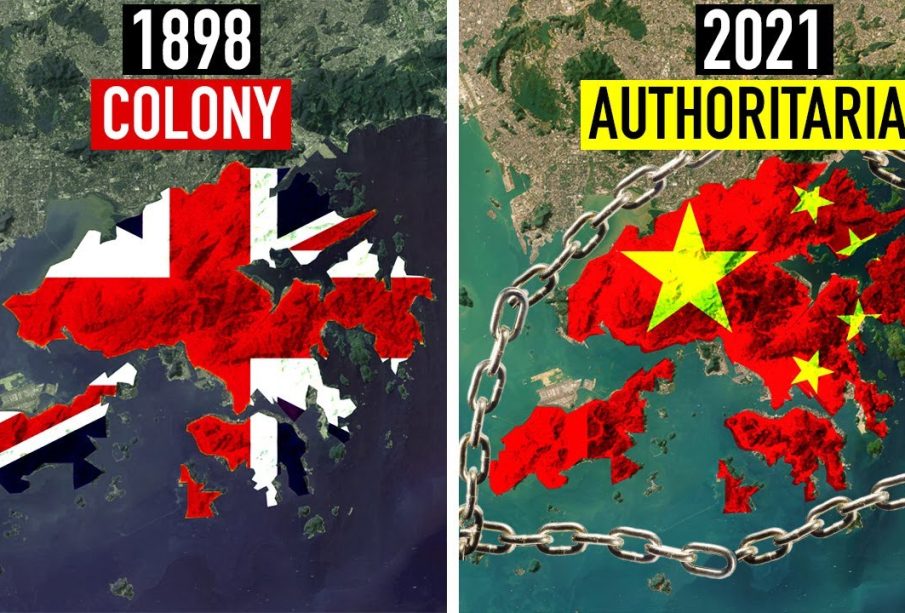Understanding the Current Tensions: China vs Hong Kong

Introduction
The relationship between China and Hong Kong has garnered significant international attention, particularly in recent years. Following the 1997 handover of Hong Kong from Britain to China under the principle of ‘one country, two systems’, the region has seen escalating tensions regarding its autonomy and political freedoms. Understanding the evolving dynamics between Shanghai and the former British colony is crucial, not just for residents and policymakers but also for global observers.
The Current State of Affairs
In the past few years, Hong Kong has experienced a wave of protests against perceived encroachments by Beijing. The protests peaked in 2019, triggered by proposed extradition legislation that many feared would undermine the territory’s judicial autonomy. In 2020, the imposition of a national security law by the Chinese government further intensified these tensions, leading to international condemnation and a series of arrests of pro-democracy activists.
As of 2023, these measures appear to have achieved their intended effect on quelling dissent, although they have also provoked criticism from various human rights organisations and foreign governments. Reports indicate a chilling effect on free speech and civil society, with many activists fleeing into exile or facing prosecution. The move to stifle pro-democracy movements has highlighted a deepening rift between the Chinese government and a significant segment of the Hong Kong population that yearns for greater autonomy and political freedoms.
International Implications
The ramifications of the China-Hong Kong tensions extend beyond the territory. Countries such as the United States, United Kingdom, and several others have expressed concern over China’s commitment to the Sino-British Joint Declaration and the future of human rights in Hong Kong. Economic ramifications are also evident, as international businesses weigh the risks of operating in an increasingly authoritarian climate. The United States, for instance, has implemented sanctions against Chinese officials linked to the crackdown on dissent in Hong Kong.
Conclusion
As we move forward, the situation between China and Hong Kong remains fluid. It is evident that the Chinese government will continue to assert its control over the territory, but ongoing international pressure may impact their approach. The significance of this relationship is profound, as it not only affects Hong Kong’s future but also serves as a bellwether for China’s engagement with the world. For residents of Hong Kong, the fight for their rights is far from over, and the global community remains an essential ally in this struggle for autonomy and freedom.








